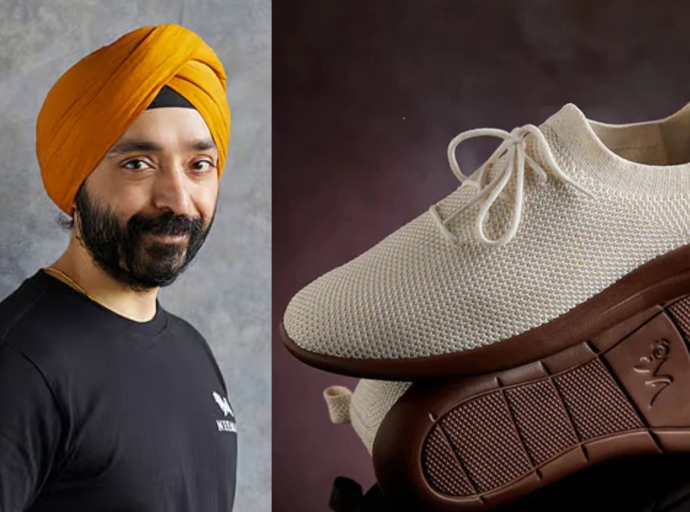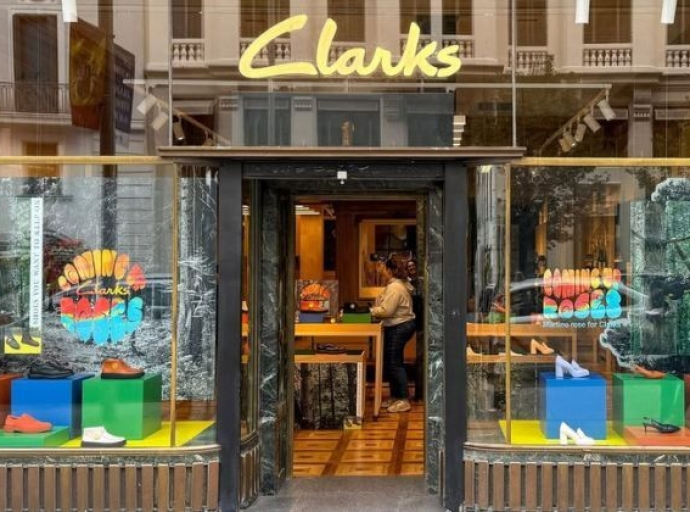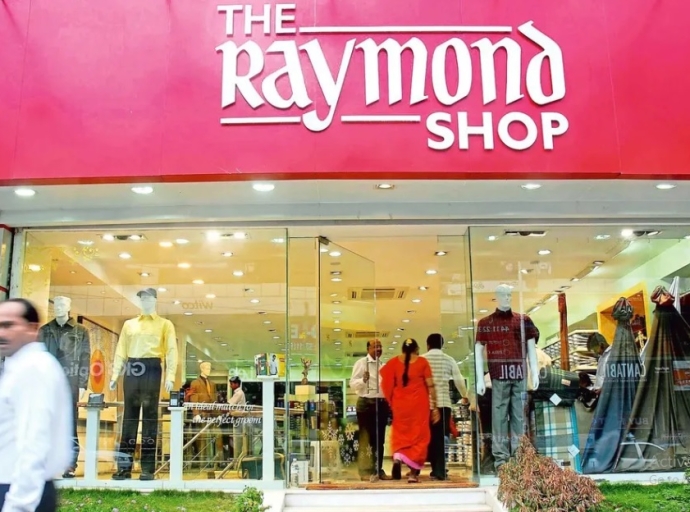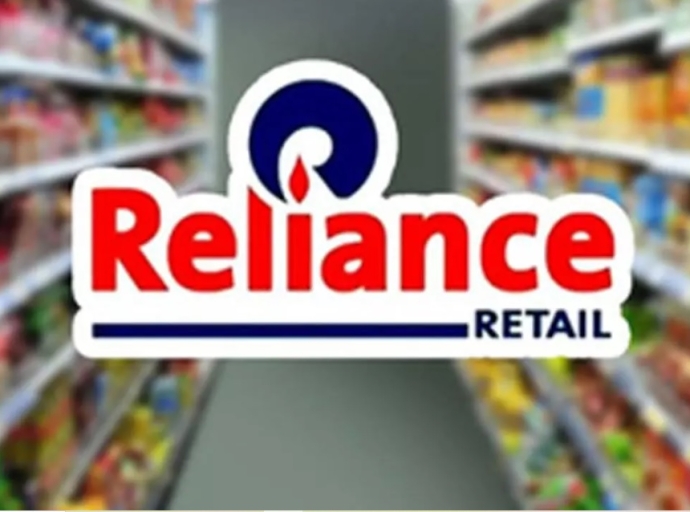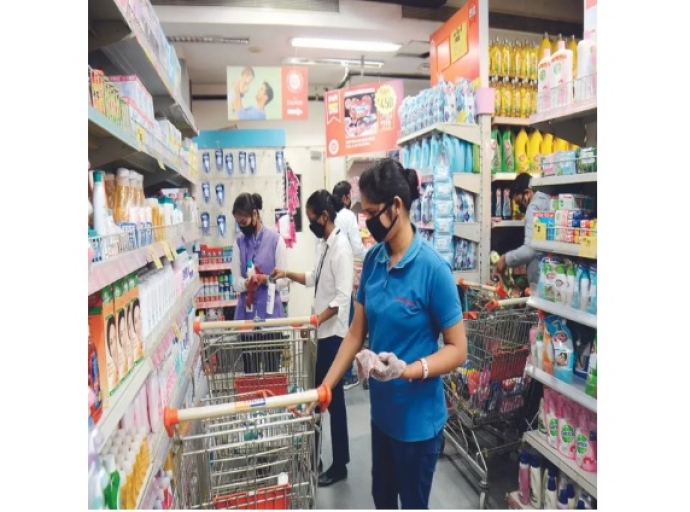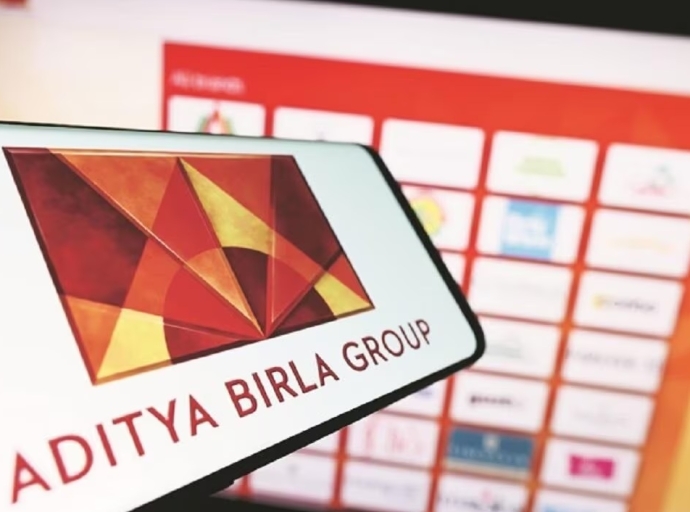26 June, Mumbai 2025
A vibrant blend of youth, a growing middle class, and the undeniable allure of the Hallyu wave is transforming India into a prime destination for Korean fashion and apparel brands. As South Korea grapples with domestic market saturation and a declining birthrate, the vast and dynamic Indian consumer market offers a compelling growth opportunity.
"Out of India's 1.4 billion people, 26 per cent are in their teens or 20s, making them quick to embrace new cultures," say experts. This youthful demographic, highly influenced by K-drama characters and K-pop stars, is driving a significant shift in fashion consumption, eager to emulate the styles seen on their screens.
A market ripe for growth
India's economic ascent, maintaining an average annual growth rate of around 7 per cent since 2014, has led to the growth of its middle class. This segment, now approximately 430 million strong with annual incomes between $10,000 and $25,000, is showing a high interest in fashion. The country's fashion market is projected to witness good growth in coming years.
According to market research firm Statista, India's fashion market is expected to grow from $105.5 billion in 2024 to $122.4 billion by 2028. This promising outlook is attracting Korean brands seeking new avenues for growth.
Table: India's fashion market growth projections
|
Year |
Projected market value ($bn) |
|
2024 |
105.5 |
|
2028 |
122.4 |
Source: Statista
Beyond the sheer numbers, Korean apparel offers a unique value proposition. Experts point out Korean clothing, which features high-quality fabrics and design but is more affordable than European or American brands, has become popular. This sweet spot of quality and affordability resonates strongly with the discerning Indian consumer.
Pioneering the path
Several Korean companies are already making inroads into the Indian market, particularly in the fashion and lifestyle sectors.
LF and Hazzys’ entry through golf wear
One notable example is LF, a prominent Korean fashion company, which is preparing to launch its brand Hazzys in India. Recognizing a niche, LF signed an export agreement with local investment firm Asian Brands Corp in March. Their plan is to open the first Hazzys store in India in the second half of this year, marking it as the first Korean fashion label to establish a direct retail presence.
"We will lead with golf wear and expand to various products, aiming to open 10 brand stores within three years," stated LF. This strategy capitalizes on the growing golf population in India, which now stands at an estimated 3.5 million, fueling demand for specialized apparel.
Beyond apparel, the wider K-wave impact
While fashion takes center stage, the broader ‘K-wave’ of Korean culture, including K-food, is paving the way for a more comprehensive entry. Companies like Lotte Wellfood and Orion are aggressively expanding their food operations in India, building factories and injecting capital. Lotte's recent completion of a frozen dessert factory in Pune underscores the potential they see.
Despite the immense potential, Korean brands will need to navigate certain challenges. The Indian market is highly diverse, with varying regional preferences and price sensitivities. Supply chain and logistics can also pose complexities.
However, the strong cultural connection forged through K-pop and K-dramas provides a significant advantage. Indian youth are not just consuming Korean entertainment; they are actively seeking to integrate Korean aesthetics into their daily lives.
The future looks promising for Korean fashion and apparel brands in India. By offering a compelling combination of trendy designs, quality, and relative affordability, and by strategically tapping into the deep cultural affinity for all things Hallyu, Korean companies are poised to weave a strong presence in one of the world's fastest-growing consumer markets. More investments and diversified product offerings are expected as Korean brands increasingly view India as a crucial pillar in their global expansion strategies.


